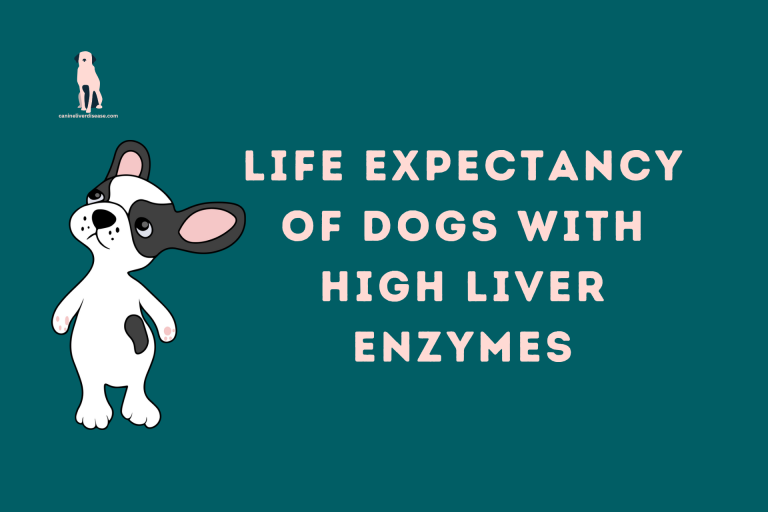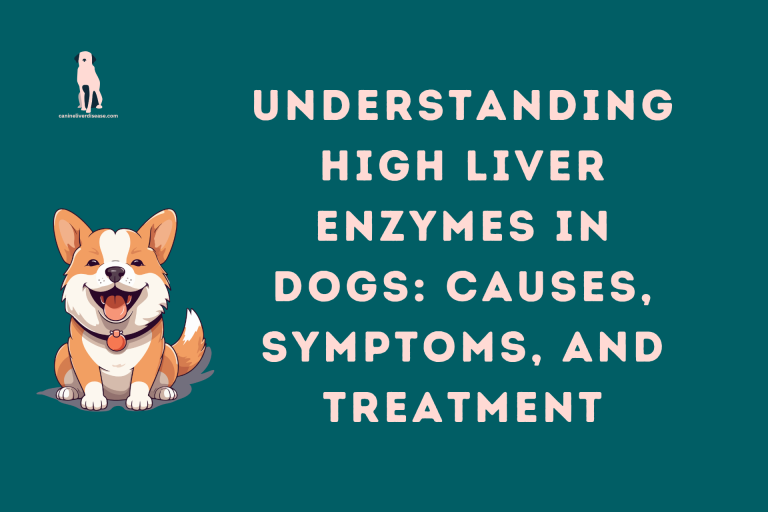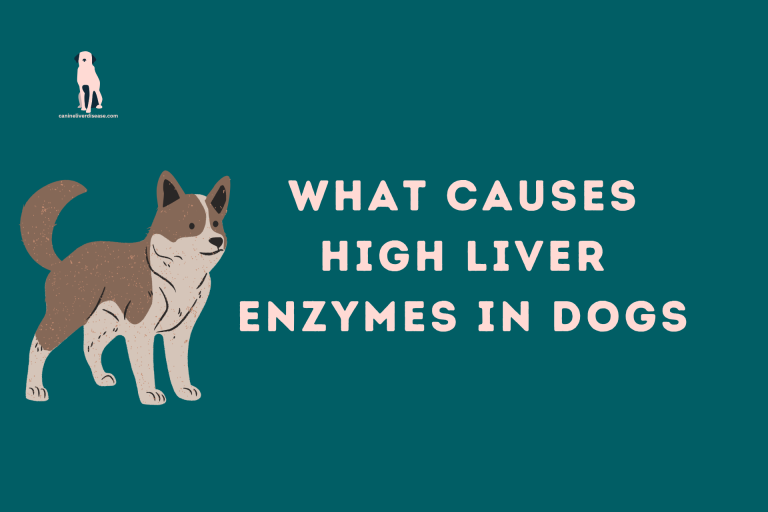What Causes Elevated Liver Enzymes In Dogs
Our furry friends rely on us for their well-being, and one essential aspect of their health is the proper functioning of their liver. Elevated liver enzymes in dogs can be a cause for concern, and in this article, we will explore the various factors that can lead to this condition and what you can do to help your canine companion.
Understanding Liver Enzymes
Firstly, it’s crucial to understand what liver enzymes are. These are proteins that play a vital role in the functioning of the liver. They are involved in various metabolic processes, including the breakdown of toxins and the production of essential compounds.
Normal Range of Liver Enzymes
In a healthy dog, liver enzymes are typically present within a certain range. When these enzymes exceed the normal levels, it can indicate an underlying issue.
Common Causes of Elevated Liver Enzymes
Diet and Nutrition
One common cause of elevated liver enzymes in dogs is their diet. Poor nutrition or a diet high in fats can put extra strain on the liver, leading to enzyme elevation.
Medications and Supplements
Certain medications and supplements, if not administered correctly, can impact liver function and result in elevated enzyme levels.
Infectious Diseases
Infections like hepatitis can affect the liver and cause enzyme elevation. It’s crucial to vaccinate your dog against such diseases.
Genetics
Some dogs may be genetically predisposed to liver issues, leading to elevated enzymes over time.
Toxins and Poisons
Accidental ingestion of toxins or poisons can quickly damage the liver, causing a spike in enzyme levels. Keep hazardous substances out of your dog’s reach.
Recognizing the Symptoms
Identifying the symptoms of elevated liver enzymes is essential for early intervention. These may include lethargy, loss of appetite, jaundice, and changes in behavior.
Diagnosis and Testing
If you suspect your dog has elevated liver enzymes, consult your veterinarian. They will perform blood tests and imaging to diagnose the condition accurately.
Treatment Options
The treatment for elevated liver enzymes depends on the underlying cause. It may involve dietary changes, medications, or even surgery in severe cases.
Preventing Liver Enzyme Elevation
Prevention is always better than cure. Ensure your dog receives a balanced diet, regular exercise, and a toxin-free environment to maintain a healthy liver.
Conclusion
Your dog’s liver health is crucial for their overall well-being. Understanding the causes of elevated liver enzymes and taking proactive steps to address them can lead to a longer and healthier life for your furry companion.
FAQs
Can elevated liver enzymes in dogs be reversed?
Elevated liver enzymes can often be managed and reduced with the right treatment and lifestyle changes. However, it depends on the underlying cause.
Is there a specific dog food to support liver health?
Yes, some specialized dog foods are formulated to support liver health. Consult your vet for recommendations.
How can I prevent my dog from ingesting toxins?
Keep potentially harmful substances out of your dog’s reach, and supervise them closely during outdoor activities.
Are all dogs at risk of elevated liver enzymes?
While any dog can develop this condition, certain breeds may have a higher predisposition. Consult your vet for breed-specific advice.
What is the role of water intake in liver health?
Proper hydration is essential for overall health, including liver function. Ensure your dog has access to clean water at all times.







